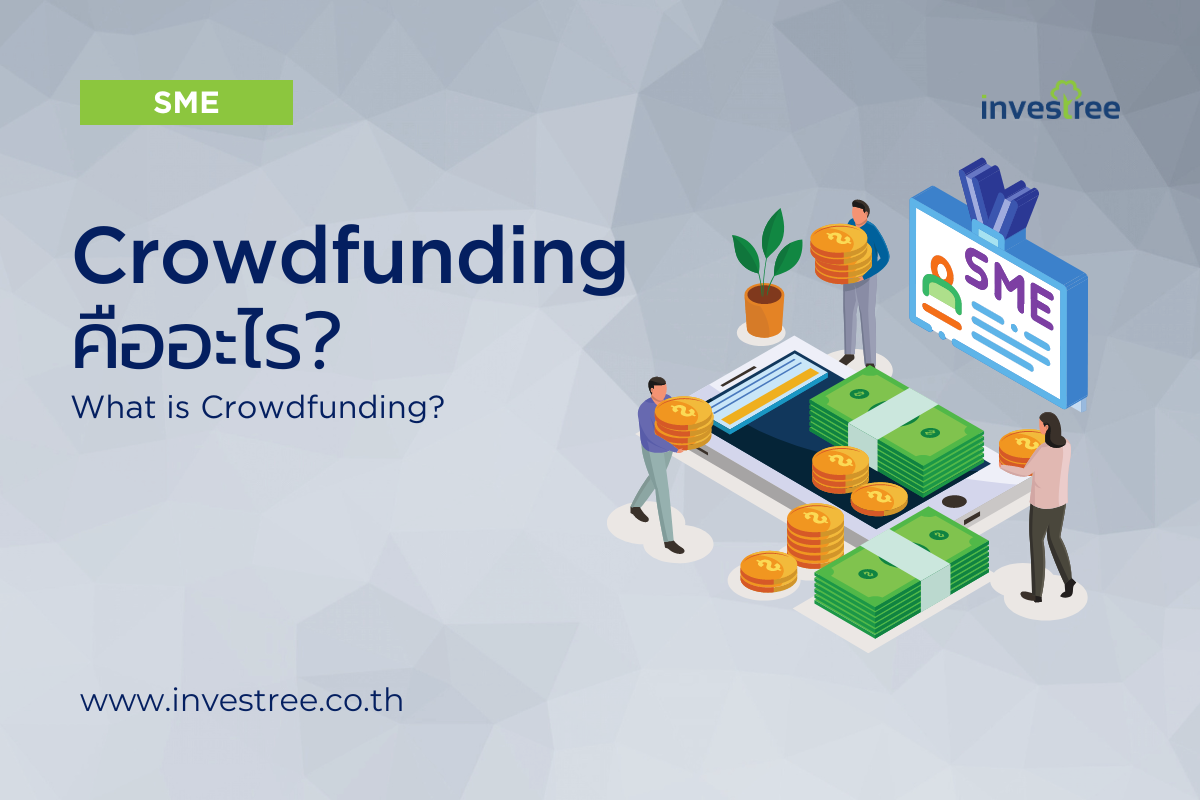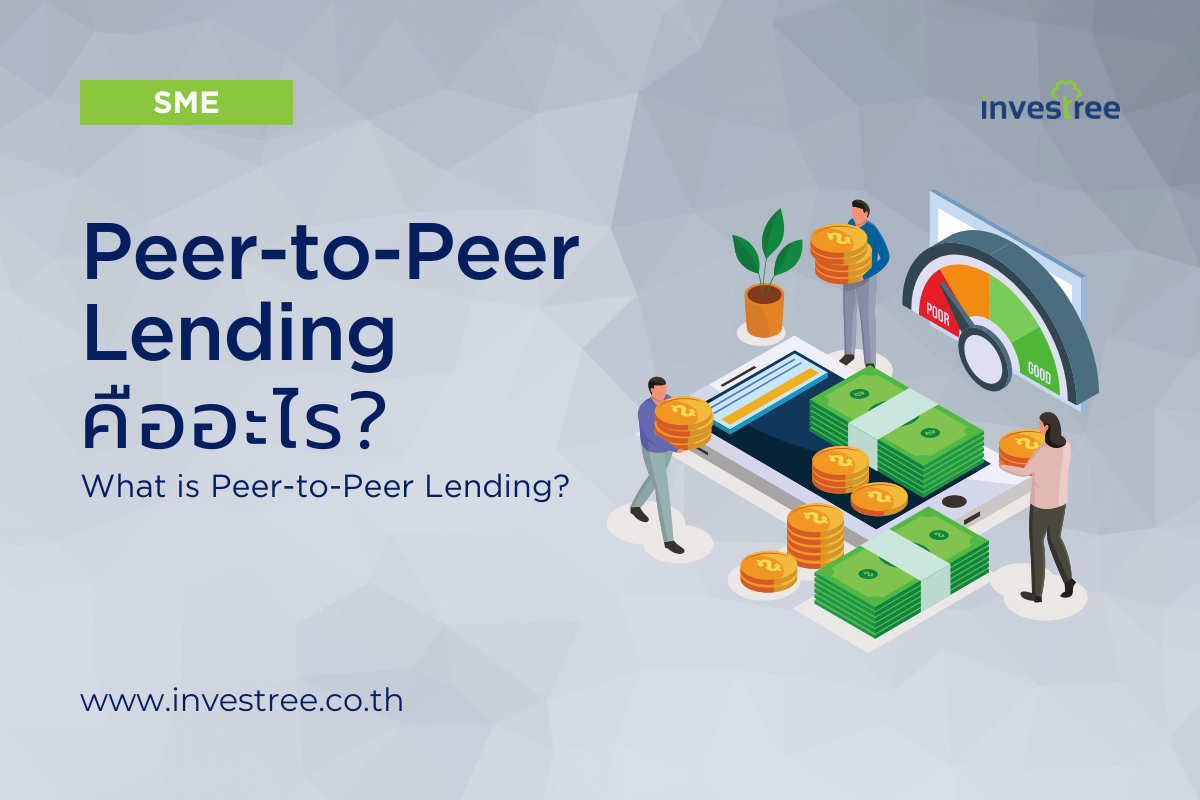Business Loan vs Crowdfunding Which is best for you?
Business loan is a type of financing provided by banks and other financial institutions. The borrower receives a sum of money (the loan) from the lender, and agrees to repay the loan, plus interest, over a specified period. Bank loans are mostly secured (meaning that the borrower puts up collateral, such as real estate or equipment, to secure the loan). The terms and conditions of a bank loan, such as interest rate and repayment period, will depend on the lender's policies and the creditworthiness of the borrower. Bank loans are a common source of financing for businesses, especially those that are well established and have a strong credit history.
Pros of bank loans:
- Bank loans can provide a larger amount of financing which can be helpful for businesses with larger capital needs.
- Bank loans typically have longer repayment terms, which can make the monthly payments more manageable.
Cons of bank loans:
- It can be difficult for SME to qualify for bank loans, especially if they have a limited credit history or collateral.
- The application process for bank loans can be lengthy and require a lot of documentation.
- If the business is unable to repay the loan, the lender may have the right to seize collateral or take other legal action.
Crowdfunding is a fundraising activity, seeking funding from a group of people. Crowdfunding campaigns are typically done via a crowdfunding platform such as Investree or other platforms approved by the Securities and Exchange Commission (SEC). SME can use crowdfunding to raise money for a specific project or to fund their operations.
Pros of crowdfunding:
- Crowdfunding does not normally require SME to provide collateral, which is especially useful for SME that does not have real estate or securities to guarantee the loan.
- The number of years established for SME is often one year, which is less than what banks usually require.
- Crowdfunding can be a quick and easy way to raise capital, especially when compared to bank loans.
Cons of crowdfunding:
- Crowdfunding may not provide as much financing as bank loans, therefore SME with large capital needs may not find this option useful.
- Crowdfunding campaigns may not be successful if investors do not believe in or trust that they will be repaid by SME.
The best financing option for SME will depend on the circumstances of the business.
Here are some factors to consider when deciding between a bank loan and crowdfunding:
- Amount of financing needed: If the business requires a large amount of funding, a bank loan may be the better option. Crowdfunding campaigns typically involve raising smaller amounts of money from a large number of people, so they may not be suitable for businesses with significant capital needs.
- Creditworthiness: To qualify for a bank loan, a business typically needs to have a strong credit history and collateral to secure the loan. If the business does not meet these requirements, crowdfunding may be a more viable option.
- Time constraints: Getting a bank loan can be a time-consuming process for SME. If SME needs funding quickly, crowdfunding may be the better option.
Ultimately, the decision will depend on the circumstances of the business. It may be worth considering a combination of different financing options, such as a bank loan and crowdfunding, to meet the business's capital needs.






